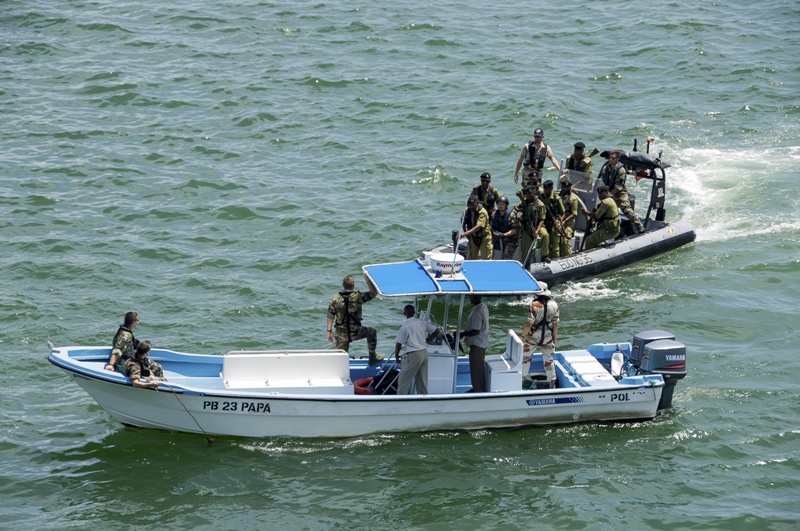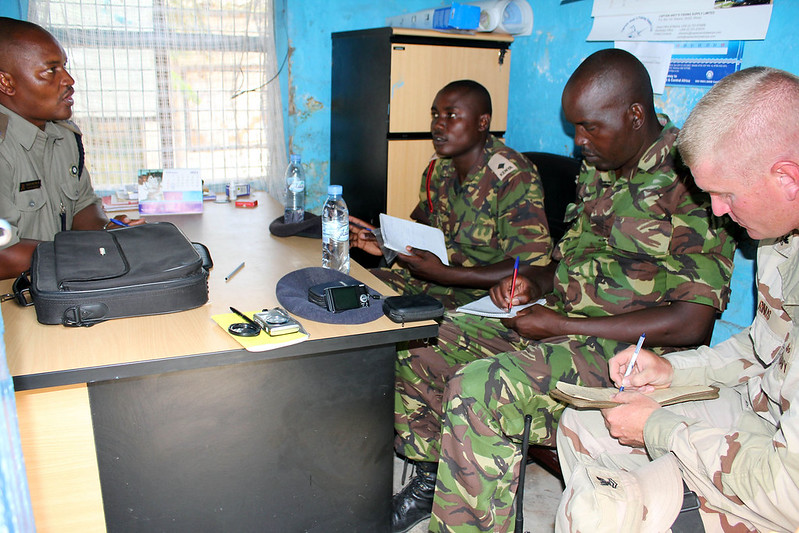Capacity building is the core term through which many global actors describe their international engagement today. While the concept of “capacity building” is anything but new, its arrival in international security discourse is relatively recent. Are we witnessing a major shift in terms of how security actors plan, implement and think about their international engagement?
Mastering maritime security: SafeSeas forthcoming best practice tool kit
Maritime security is a global task. It requires effective governance on a national and regional level, but also external capacity building to assist countries in developing the required human, institutional and material capacities needed to manage maritime spaces and enforce regulation within those spaces. Mastering this complex arena requires reflexive capacity building. SafeSeas forthcoming Best … Read more


